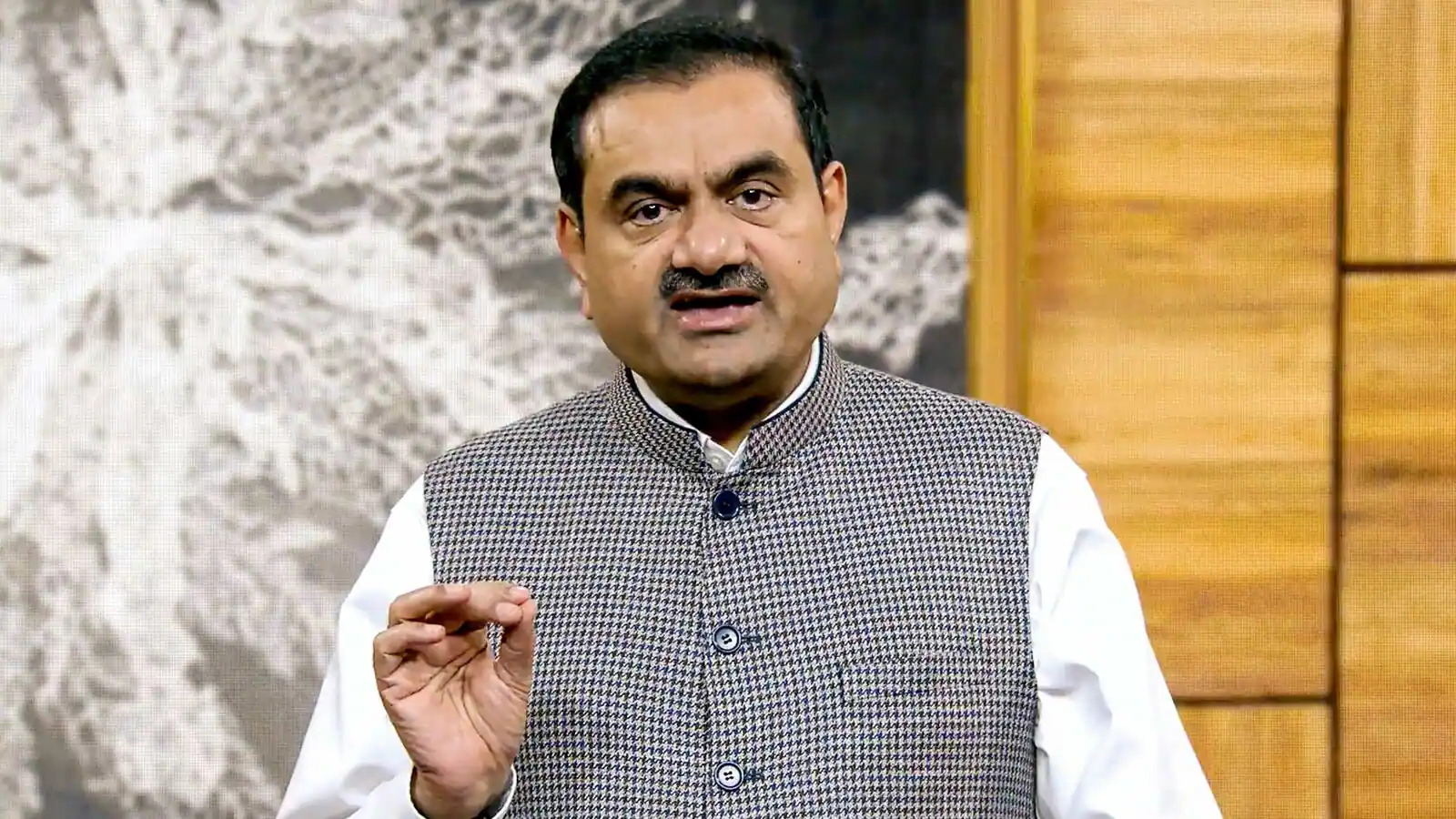NEW DELHI: The claim made in Parliament by Congress leader and Member of Parliament Rahul Gandhi on Tuesday, that the increase in the fortune of Adani Enterprises coincided with the arrival of the Narendra Modi-led BJP government at the Centre, does not match facts on the ground.
Closer scrutiny reveals that by the time the BJP formed its government in New Delhi in 2014, the Adani group was already a well-established business entity with a global presence. The “40 richest Indians” list of 2007, compiled annually by Forbes, saw 10 newcomers and the deletion of 14 names, including that of Jet Airways founder Naresh Goyal, who were a part of this list in 2006.
Among the 10 new names, whose net worth was $1.6 billion or more which was needed to make it to the list, was Gautam Shantilal Adani, the 45-year-old owner of Adani Enterprises. In the same year, the Initial Public Offering (IPO) that was brought by Adani Ports was oversubscribed 116 times. In 2009, the Adani power IPO was subscribed 21 times, reflecting the confidence among the people about the group.
The Adani group’s overseas investments that are now playing a vital role in increasing the book value of the company, took place post 2004 and required Central government clearances at multiple levels. Most of the acquisitions and setting up of business establishment by the group happened during the time of United Progressive Alliance (UPA) I-II and much before the arrival of the Modi government.
In 2005, the Adani Group won India’s first Mine Developer and Operator or MDO contract. The role of MDOs is to excavate, extract and deliver coal to Coal India Limited coal companies in accordance with the approved mining plan. This catapulted the Adani group to an enviable position as it allowed it to expand its coal-related business at a rapid pace.
On 28 June 2005, Adani Agri Logistics Limited signed an agreement worth Rs 800 crore with the Food Corporation of India (FCI) to design, develop, construct, operate and maintain project facilities for warehousing and transportation of food grains on Build, Own, Operate (BOO) mode for a period of 20 years. Under this, the company was to set up two base depots and five field depots for the storage and handling of food grains and other agricultural commodities. The project was divided into two circuits, with each circuit having a storage capacity of 200,000 metric tonnes, aggregating 400,000 tonnes. Kaithal and Monga were the base depots, while the five field depots were at Coimbatore, Navi Mumbai, Chennai, Bangalore and Hooghly.
In 2008, the company acquired coal mines in Bunyu, near the north-east coast of Borneo, Indonesia.
Similarly, during the Congress-led UPA rule, the group acquired the Carmichael coal mines in Australia in 2010. In August 2010, the Adani group signed a US$1.65 billion tripartite deal with the Indonesian government for setting up rail and port infrastructure in South Sumatra. As per the deal, the group received exclusive rights over 60% of the coal reserves in the Bukit Asam province.
In May 2011, Adani Enterprises announced a $2-billion deal to acquire the Abbot Point Coal Terminal in Australia. In that deal, the Adani group competed with Deutsche Bank’s RREEF Infrastructure, mining major Nathan Tinkler and a Macquarie asset management-led consortium
The group continued its foray into overseas countries in November 2011; it inked a deal with Linc Energy to acquire the Australian company’s coal assets in the Galilee basin, which is located in the state of Queensland.
According to a retired officer of the Indian Administrative Services (IAS), who worked with the Adani group, it would be wrong to say that the Congress leaders during UPA time were anti-Adani. “We had frequent meetings with them and they would never put any unnecessary hindrance when it came to clearing files. I don’t recall any instance of projects suffering just because it was an Adani project. This narrative of Adani being close to BJP leaders and benefiting from them was limited to sundry political speeches and gossip. After all, the officers concerned in Delhi too were aware of the repercussions of doing something illegal, especially post the coal, 2G and the Commonwealth scams,” the officer recalled.
In fact, among the independent directors on the board for Adani Port is former IAS officer G.K. Pillai, who retired as Home Secretary in June 2011. The Adani group—which was accused of stock manipulation and accounting fraud by a New York-based short-selling entity that also releases “research” reports—according to a present employee, who did not want to be identified considering the current “volatile” situation, has always been a “target’ of US and China-based groups.
“In 2011, just days after we included two cargo vessels—Rahi and Vanshi—for transporting cargo from outside the country, a series of critical stories were done against us by US based media outlets. Much of this was related to business competition and our ability to outbid competitors from the US and China. It was at the time that the narrative of ‘crony capitalism’ was aggressively pushed on the Adani Group. Now we are working in Sri Lanka at places where the Chinese would have been working if we had not got the contracts. Haifa port in Israel is another example of us outbidding global entities, including the Chinese. We have suffered setbacks in the past, many of which were described as permanently crippling for us, but the group has always bounced back,” he said.
Records show Adani group’s rise coincided with Congress rule at Centre
- Advertisement -

